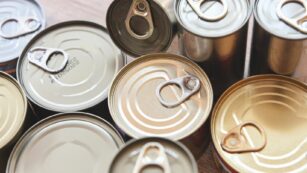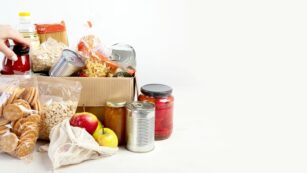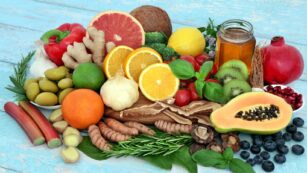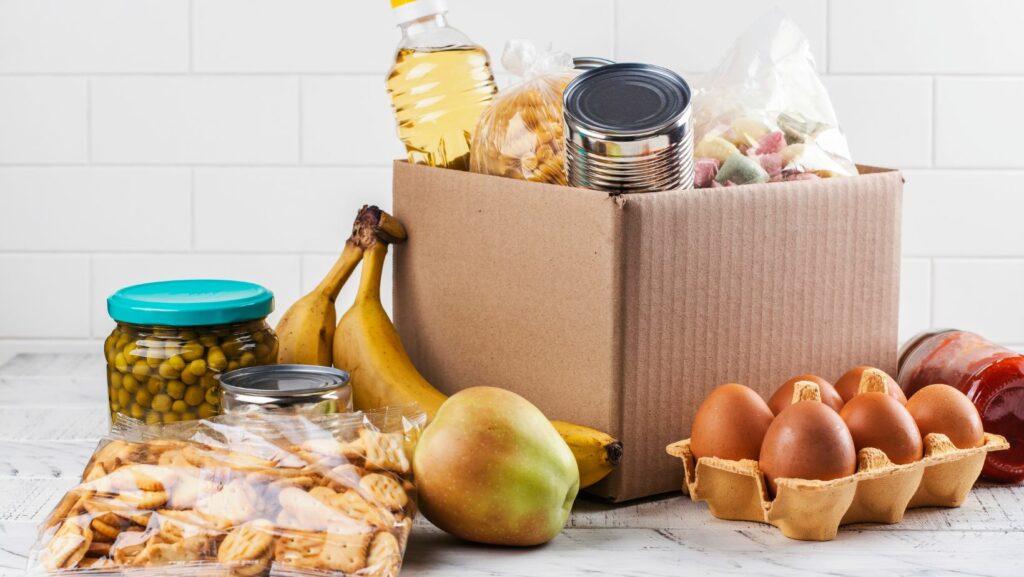Navigating the ups and downs of the menstrual cycle can be challenging, but did you know that certain foods can make a significant difference? A balanced diet rich in specific nutrients can help alleviate common symptoms like cramps, bloating, and mood swings. By incorporating these foods into daily meals, individuals can support their bodies and improve overall well-being during that time of the month. From leafy greens packed with iron to omega-3 rich fish that reduce inflammation, the right foods can provide much-needed relief. Understanding what to eat and when can empower individuals to take control of their menstrual health. So, let’s dive into the best foods to support the menstrual cycle and how they can make those days a bit more manageable.
Foods To Support Menstrual Cycle
 Leafy greens like spinach, kale, and Swiss chard contain high levels of iron, which helps combat menstrual blood loss. Dark leafy greens are also rich in magnesium, essential for muscle relaxation and can alleviate cramps. Fish such as salmon, mackerel, and sardines are high in omega-3 fatty acids, which reduce inflammation and lessen the severity of menstrual pain. Omega-3 fatty acids also aid in stabilizing mood swings associated with the menstrual cycle. Nuts and seeds including almonds, sunflower seeds, and flaxseeds are excellent sources of magnesium and vitamin E. Magnesium reduces cramps while vitamin E helps regulate hormones that affect the menstrual cycle. Whole grains like quinoa, brown rice, and oats are rich in fiber and B-vitamins. Fiber improves digestion and reduces bloating, whereas B-vitamins help manage PMS symptoms through hormonal balance. Fruits such as bananas, berries, and oranges provide essential vitamins and minerals. Bananas contain vitamin B6, which helps reduce bloating and mood swings, while berries and oranges are rich in antioxidants that combat inflammation. Legumes like lentils, chickpeas, and black beans offer high iron and protein content. Iron helps replenish necessary minerals lost during menstruation, and protein supports overall energy levels. Hydrating with plenty of water helps minimize bloating and reduce the likelihood of headaches. Keeping the body well-hydrated is vital for overall menstrual health.
Leafy greens like spinach, kale, and Swiss chard contain high levels of iron, which helps combat menstrual blood loss. Dark leafy greens are also rich in magnesium, essential for muscle relaxation and can alleviate cramps. Fish such as salmon, mackerel, and sardines are high in omega-3 fatty acids, which reduce inflammation and lessen the severity of menstrual pain. Omega-3 fatty acids also aid in stabilizing mood swings associated with the menstrual cycle. Nuts and seeds including almonds, sunflower seeds, and flaxseeds are excellent sources of magnesium and vitamin E. Magnesium reduces cramps while vitamin E helps regulate hormones that affect the menstrual cycle. Whole grains like quinoa, brown rice, and oats are rich in fiber and B-vitamins. Fiber improves digestion and reduces bloating, whereas B-vitamins help manage PMS symptoms through hormonal balance. Fruits such as bananas, berries, and oranges provide essential vitamins and minerals. Bananas contain vitamin B6, which helps reduce bloating and mood swings, while berries and oranges are rich in antioxidants that combat inflammation. Legumes like lentils, chickpeas, and black beans offer high iron and protein content. Iron helps replenish necessary minerals lost during menstruation, and protein supports overall energy levels. Hydrating with plenty of water helps minimize bloating and reduce the likelihood of headaches. Keeping the body well-hydrated is vital for overall menstrual health.
Nutritional Needs During The Menstrual Cycle
Meeting specific nutritional needs during the menstrual cycle can help alleviate common symptoms and improve overall well-being. Iron and Magnesium: Leafy greens like spinach and kale provide iron to combat blood loss and magnesium to alleviate cramps. Higher iron intake is critical, especially for those with heavy periods.Omega-3 Fatty Acids: Salmon, sardines, and flaxseeds offer omega-3 fatty acids that reduce inflammation and stabilize mood swings. Calcium and Vitamin D: Dairy products, fortified plant milks, and leafy greens supply calcium and vitamin D, which help manage PMS symptoms and support bone health .B Vitamins: Whole grains, nuts, and seeds contain B vitamins that help in energy production and reduce fatigue. Fruits, vegetables, and whole grains provide fiber, aiding in digestion and reducing bloating.
Iron and Magnesium: Leafy greens like spinach and kale provide iron to combat blood loss and magnesium to alleviate cramps. Higher iron intake is critical, especially for those with heavy periods.Omega-3 Fatty Acids: Salmon, sardines, and flaxseeds offer omega-3 fatty acids that reduce inflammation and stabilize mood swings. Calcium and Vitamin D: Dairy products, fortified plant milks, and leafy greens supply calcium and vitamin D, which help manage PMS symptoms and support bone health .B Vitamins: Whole grains, nuts, and seeds contain B vitamins that help in energy production and reduce fatigue. Fruits, vegetables, and whole grains provide fiber, aiding in digestion and reducing bloating.
Foods To Support Different Phases
 Eating specific foods during different phases of the menstrual cycle can provide essential nutrients and alleviate symptoms. During the follicular phase, focus on foods that boost estrogen and prepare the body for ovulation. Leafy greens like kale and spinach provide iron and magnesium, which help combat fatigue and support overall energy levels. Berries, including strawberries and blueberries, are rich in antioxidants and vitamins that boost immune function. Incorporate complex carbohydrates such as quinoa and brown rice to maintain steady blood sugar levels. In the ovulatory phase, the body needs nutrients to support energy and hormone balance. Omega-3 rich fish, such as salmon and sardines, help reduce inflammation and stabilize mood. Avocados offer healthy fats and vitamin E, which support cardiovascular health. Keep hydration levels optimal by including water-dense fruits like watermelon and cucumber. To manage PMS symptoms during the luteal phase, choose foods rich in magnesium and vitamin B6. Nuts and seeds, such as almonds and pumpkin seeds, help reduce bloating and mood swings. Whole grains including oats and barley provide fiber to aid digestion and reduce bloating. Bananas, being high in vitamin B6, help manage cramps and promote serotonin production for mood regulation.
Eating specific foods during different phases of the menstrual cycle can provide essential nutrients and alleviate symptoms. During the follicular phase, focus on foods that boost estrogen and prepare the body for ovulation. Leafy greens like kale and spinach provide iron and magnesium, which help combat fatigue and support overall energy levels. Berries, including strawberries and blueberries, are rich in antioxidants and vitamins that boost immune function. Incorporate complex carbohydrates such as quinoa and brown rice to maintain steady blood sugar levels. In the ovulatory phase, the body needs nutrients to support energy and hormone balance. Omega-3 rich fish, such as salmon and sardines, help reduce inflammation and stabilize mood. Avocados offer healthy fats and vitamin E, which support cardiovascular health. Keep hydration levels optimal by including water-dense fruits like watermelon and cucumber. To manage PMS symptoms during the luteal phase, choose foods rich in magnesium and vitamin B6. Nuts and seeds, such as almonds and pumpkin seeds, help reduce bloating and mood swings. Whole grains including oats and barley provide fiber to aid digestion and reduce bloating. Bananas, being high in vitamin B6, help manage cramps and promote serotonin production for mood regulation.

